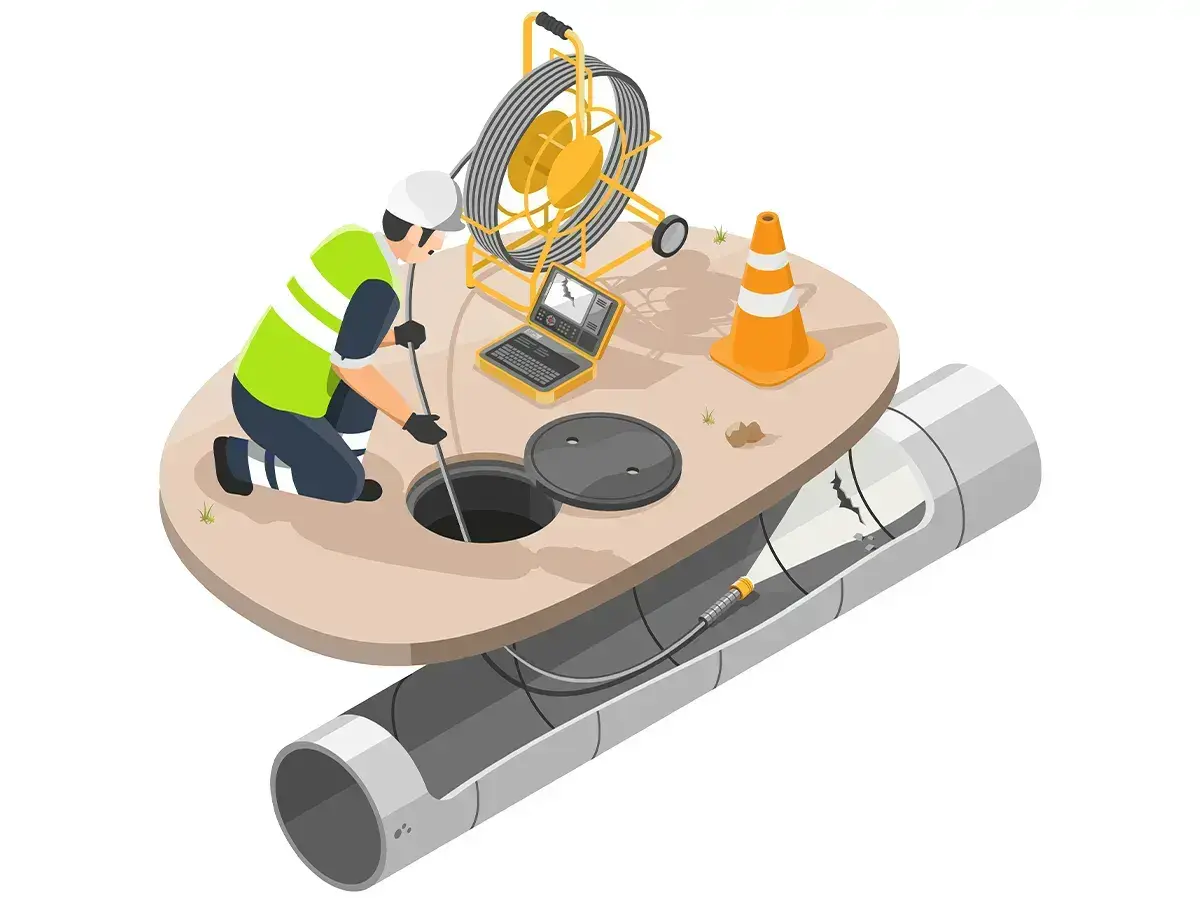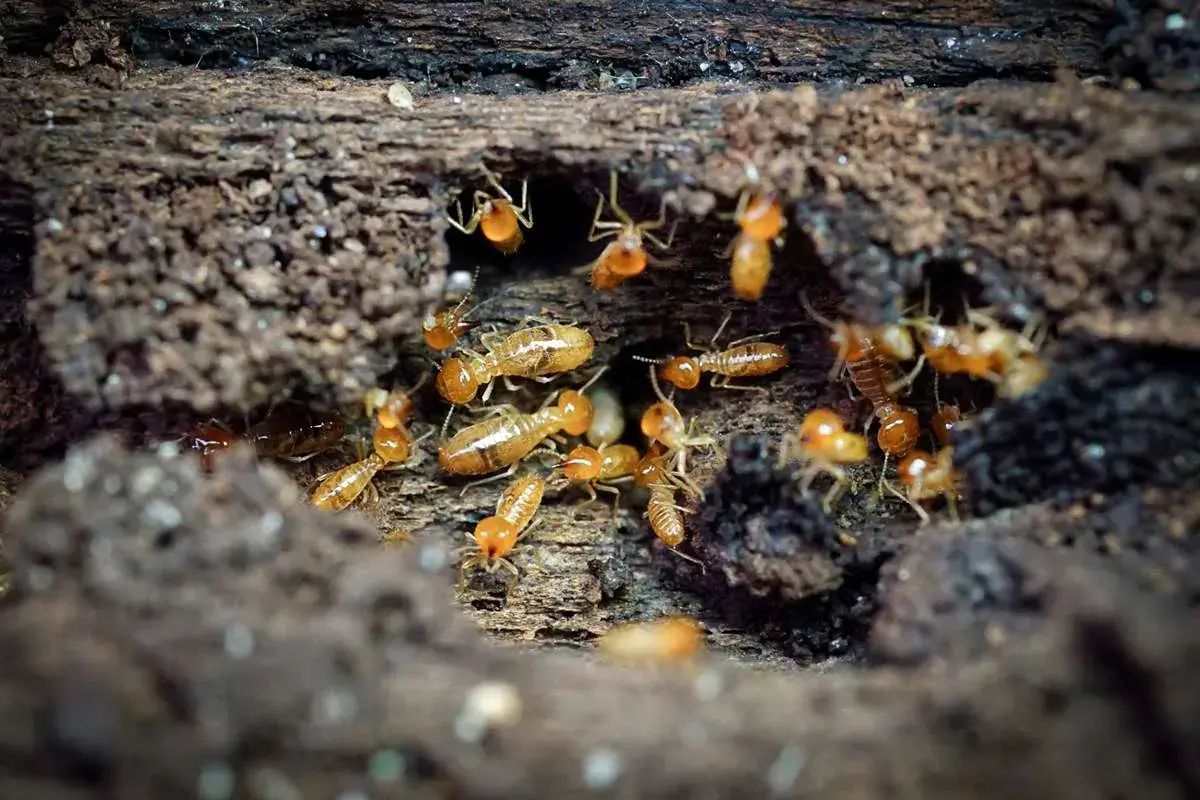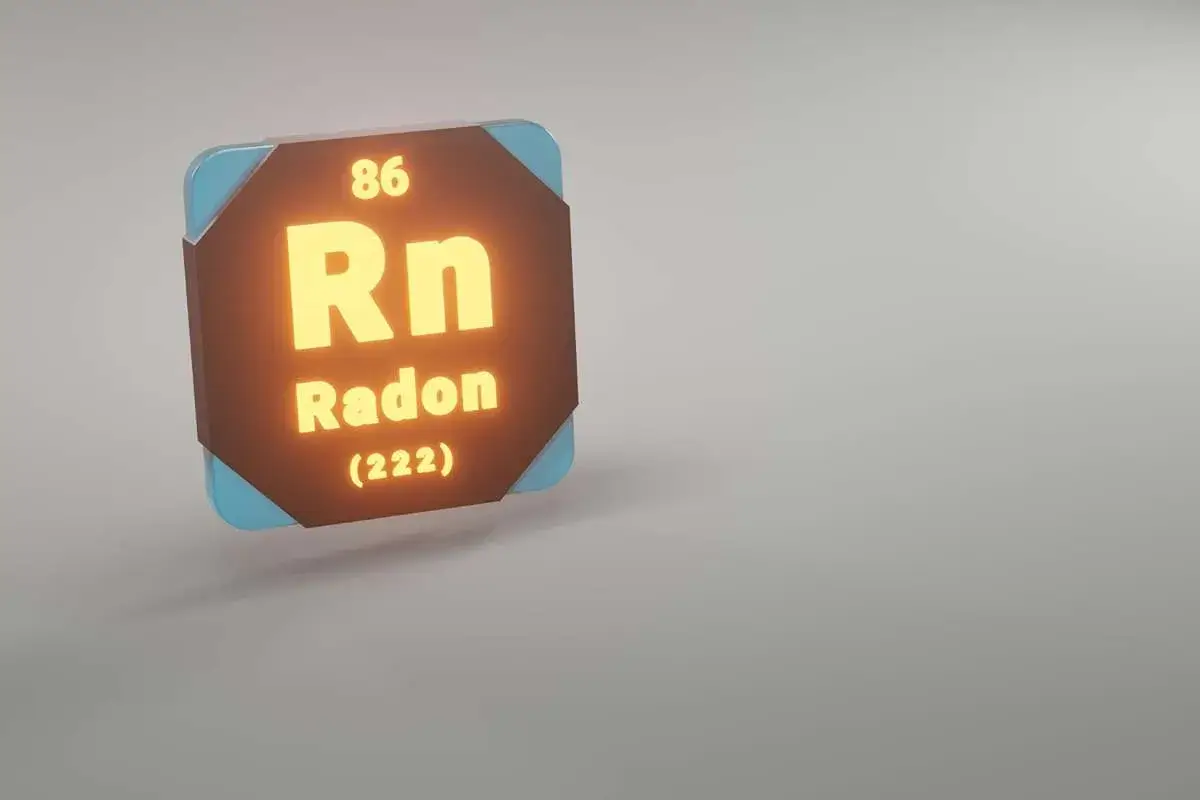When people think about home safety, they often picture locks on doors or smoke detectors…

How Often Should Sewer Lines be Replaced?
It is a fact that none of the homeowners check their sewer systems frequently. Sewer lines are the unsung heroes of your home that work 24/7 beneath the surface. This system keeps things running smoothly. Like other components in the home, a sewer line is also not made to last forever. A sewer line inspection can tell you if you need regular maintenance of the lines or you need to replace them.
What is a Sewer line and why is it Important?
A sewer line is a pipe that carries wastewater away from your home to the municipal sewer system or septic tank. It includes water from toilets, sink drains, and washing machines.
If your sewer line gets blocked, damaged, or collapses, you may face slow drains or water backing up into your home. It makes the situation worse and unhygienic.
How Long Does a Sewer Line Last?
The lifespan of a sewer line depends on the type of material used to make it:
- Clay Pipes: average lifespan of 50 to 60 years
- Cast Iron Pipes: average lifespan of 75-100 years
- PVC Pipes: average lifespan of 100 years
Factors That Affect the Life of a Sewer Line
The life of the sewer line also depends on how it’s maintained and other external factors, which are listed below:.
-
Pipe Material
As mentioned above, the type of material used in sewer pipes is the biggest factor on which age of the lines depend.
-
Tree Roots
One of the biggest threats to sewer lines is the tree roots. Roots can creep into even the smallest cracks and expand over time, causing blockages or breaks.
-
Soil Conditions
Different types of soil hold different levels of moisture, which can corrode metal pipes. Shifting soils can also cause pipes to move and crack.
-
Usage Habits
The life of any system depends on its usage. Pouring grease down the drain, flushing non-degradable items, or excessive use of chemical drain cleaners can reduce your sewer’s lifespan.
-
Natural Disasters
Earthquakes, heavy rains, or floods can displace or damage the sewer lines. It can also be a reason that you may have to replace your sewer lines before their average age.
Signs You Should Replace Your Sewer Line
A failing sewer system provides some indications. If yours is also showing the following signs, you should consider replacing the sewer line:
-
Frequent Backups
If you are calling the plumber more often than usual, it might be time to inspect your sewer line, and the backups can be due to something serious beneath the surface.
-
Slow Drains
If you notice that the water drains slowly in your home, you should not wait for a bigger problem to appear. Having an inspection to find the issue and make right decision is necessary at such a point.
-
Bad Odors
Unpleasant smells coming from your drains or yard can indicate a leak or blockage. If the blockage is not fixable, you may have to replace the sewer line.
-
Lush Patches of Grass
Water in the sewage lines supports the growth of plants. It acts as a fertilizer. If you see a lush patch of grass in the yard, it means the sewer line is leaking there.
-
Foundation Cracks or Sinkholes
A prolonged issue in the form of leaks in a sewer line can erode the soil beneath your house. It can raise severe structural issues, which can be seen in the form of foundational cracks.
What to Do for the Longevity of Sewer Line?
You can take some essential steps to avoid premature sewer line replacement:
-
Regular Inspections
It is necessary to keep a regular check on your sewer line. Especially if your home is older. A video camera inspection can help to assess the condition of your sewer line, and you can perform the required essential maintenance accordingly.
-
Watch What You Flush
Only human waste and toilet paper should go down the toilet. Baby wipes and feminine hygiene products should not be flushed.
-
Avoid Pouring Grease
Grease solidifies as it cools, leading to clogs. Instead, pour it into a container and put it in the trash. It can enhance the life of your sewer line.
-
Don’t Plant Trees Near Sewer Lines
Tree roots are likely to damage the sewer lines. It is recommended not to plant trees near the sewer lines. It can help to prevent roots from invading the pipes.
Conclusion
Replacement of a sewer line depends on the conditions it has been working in. You can improve the lifespan of your sewer line by just taking care of it through proper inspections. So, don’t neglect the all-time working sewer lines and schedule an inspection. It can help to reduce a ton of stress and heavy expenses down the road.



